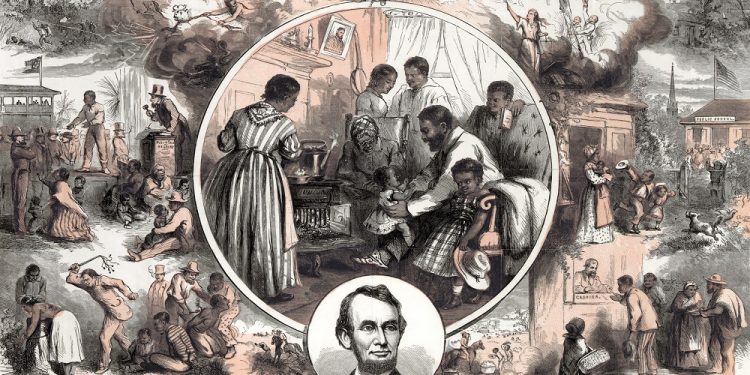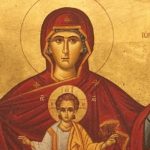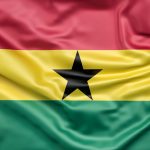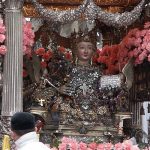
Emancipation Day
Celebrated annually on April 16th, Emancipation Day is a holiday that is observed all across the United States, particularly in Washington, DC, to commemorate Abraham Lincoln signing the Compensated Emancipation Act on April 16, 1862.
Officially, this ended the practice of slavery in the District of Columbia, but technically slavery wouldn’t end in the United States until after the Civil War in 1865.
History of Emancipation Day
At the beginning of 1860, there were about 4 million slaves in the United States. On April 16, 1862, U.S. President Abraham Lincoln signed the Compensated Emancipation Act, which freed approximately 3,000 slaves in the District of Columbia.
However, this didn’t resolve the larger issue of slavery in the United States. That wouldn’t be solved until the end of the Civil War in 1865. On January 31, 1865, the Thirteenth Amendment was proposed to end slavery in the United States.
It was ratified by 30 of the 36 states that year. In 2005, Emancipation Day was made a public holiday in Washington, DC. While it is celebrated all over the U.S., it is not celebrated everywhere on April 16th.
In Florida, it’s celebrated on May 20th; in Texas, on June 19th; and in Puerto Rico, on March 22nd. Emancipation Day is also celebrated on different days in many Caribbean countries, including Anguilla, the Bahamas, Bermuda, Barbados, Jamaica, Trinidad and Tobago, and the Turks and Caicos Islands.
However, since many of these Caribbean countries were British possessions, they celebrate their Emancipation Day on August 1st because that is when slavery was abolished in the U.K. in 1834.
Emancipation Day Customs & Celebrations
On Emancipation Day, local government offices in Washington, DC, are closed, and some private businesses may be closed, although the majority usually remain open. On this day, there are usually a variety of exhibitions, presentations, poetry readings, and concerts.
There may also be the ceremonial laying of wreaths on graves. It is also a day on which many Americans reflect on racial issues in the United States today. On Pennsylvania Avenue, in Washington, DC, there are usually a variety of bands that march down the street.
These bands include ones from the military, ones from both private and public schools, and bands from other organizations. After the parades, the day is usually celebrated with a fireworks display.








